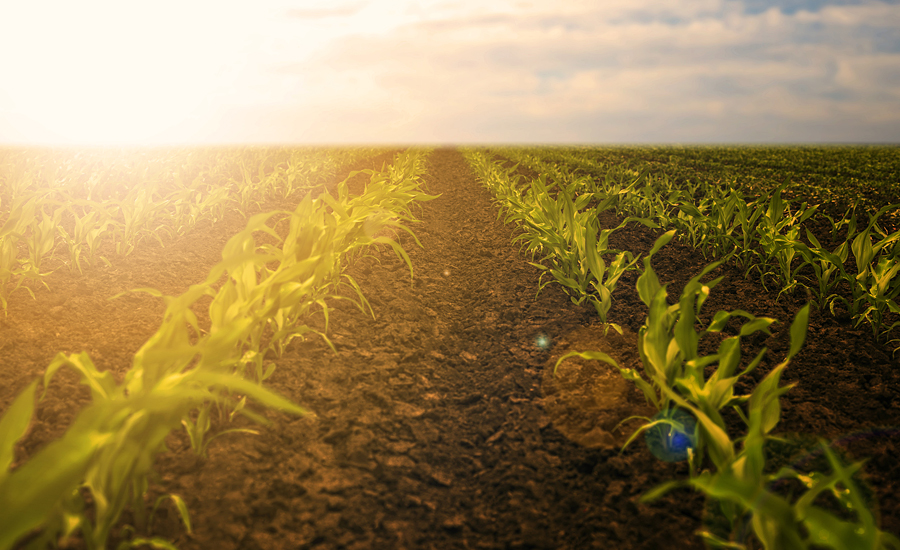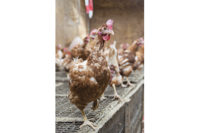Tyson Foods, Inc., Springdale, Ark., committed to support improved environmental practices on 2 million acres of corn by the end of 2020, making it what is dubbed to be the largest-ever land stewardship commitment by a U.S. protein company. This move supports Tyson Foods’ previously announced goal of reducing greenhouse gas (GHG) emissions 30% by 2030.
The 2 million-acre commitment will encourage grain farmers to adopt more efficient fertilizer practices and take additional measures to reduce water runoff and soil loss.
“Each day, our team members are defining what it means to achieve our aspiration of sustainably feeding the world. This is a big step that is part of our ongoing and deepening commitment to environmental stewardship,” says Justin Whitmore, executive vice president corporate strategy and chief sustainability officer. “We’ve made significant progress toward previously announced goals related to workplace safety, and fully expect similar momentum with today’s land stewardship target.”
Tyson Foods does not own grain farms, but buys corn and soybeans to feed its poultry. It also buys cattle and hogs from farmers and ranchers who use grain to feed their animals. The initiative is expected to help reduce GHG generated by the company’s supply chain.
“The world needs a more sustainable food system, and we believe it’s up to big companies like ours to set the pace with bold goals that help protect the planet while also enabling us to feed a growing world,” says Tom Hayes, president and CEO. “We look forward to collaborating with grain farmers, environmental groups and others as we implement this new initiative.”
To reach the target, Tyson Foods expects to work with at least one third-party organization on a program to encourage corn farmers to adopt practices that reduce fertilizer use and soil loss. Company officials also plan to collaborate with various environmental groups, such as the Nature Conservancy, Arlington, Va., as well as academic experts.
“The Nature Conservancy would like to congratulate Tyson Foods on its ambitious targets to reduce greenhouse gas emissions in its own operations, support improved environmental practices on 2 million acres of cropland and reduce the amount of water used to produce each pound of food,” says Scott Simon, Arkansas director of the Nature Conservancy. “We look forward to working with the company to implement these influential goals in some of the most critical supply chains and geographies for our conservation mission.”
The 2 million-acre target represents enough land to grow corn to feed all of Tyson Foods’ annual broiler chicken production, as well as some of the pigs and cattle it buys from independent farmers and ranchers for its pork and beef operations.








